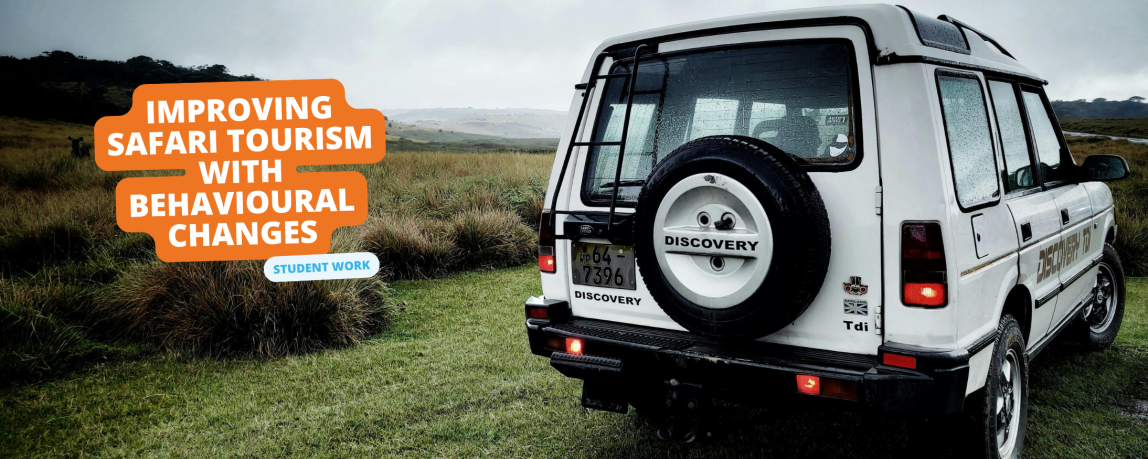
How academic collaboration is driving change in Sri Lanka
09/01/2025 - 14:37
Proud to highlight the impactful research conducted by our BUas Tourism Destination Management master's student Monica Schram in Sri Lanka's emerging safari destination of Habarana.